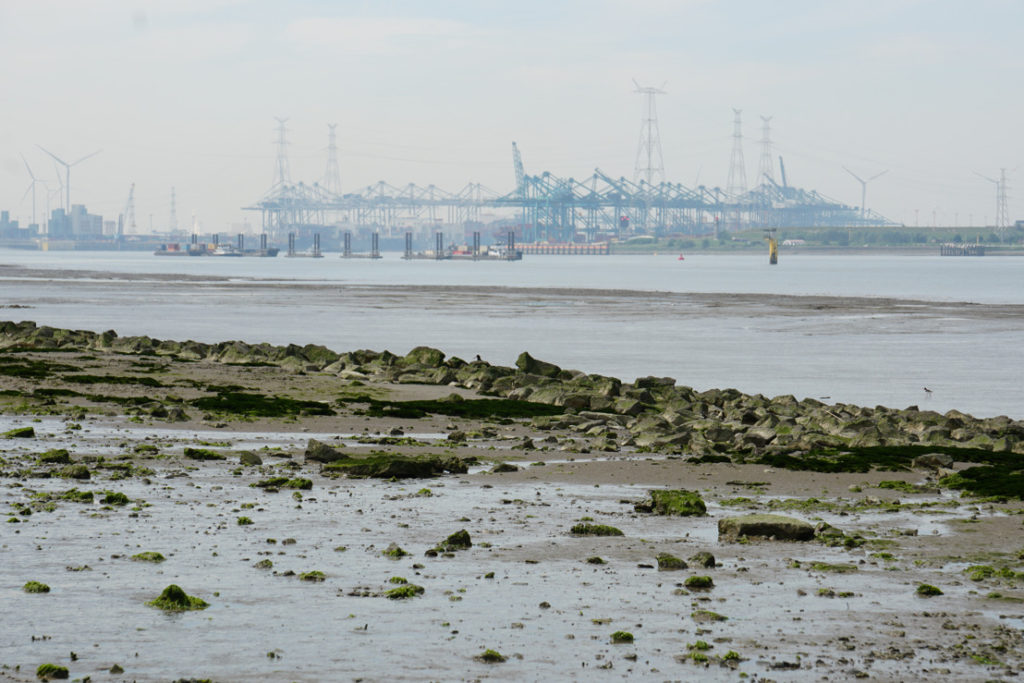The Flemish Environment Agency (VMM) and the Port of Antwerp are investigating the cause of an odour nuisance after multiple complaints regarding the stench.
Elevated concentrations of benzene in the Port were measured by VMM overnight between this past Sunday and Monday. No further increases have been observed since that peak, but the two agencies are investigating what could have caused it, and if it is indeed related to the smell.
Benzene is found in the environment fairly often, mostly as a result of industrial processes.
“We inhale benzene every day, often in petrol stations, through car exhausts, glues, paints, detergents or tobacco smoke,” the Port said in a press release. “You are also exposed to elevated concentrations of benzene in the air near chemical plants. Very high concentrations or permanent exposure can cause serious health risks.”
Related News
- Port of Antwerp expands fleet with energy-efficient tugboats
- Port of Antwerp and UAntwerp examine biodiversity in dock water
EU regulations stipulate that the limit for benzene should not exceed 5µg/m³ as an annual average, regulations with which the Port says it complies.
“However, during the night from Sunday to Monday, benzene concentrations temporarily rose above the emission threshold of 5µg/m³, which explains why there were nuisance complaints.”
Multiple reports of an odour nuisance were received at the beginning of the week.
“Of course we also understand that the odours are annoying and raise questions or concerns,” the Port said in its statement. “The VMM is currently carrying out analyses and we are awaiting the results.”
Odour issues in the Port of Antwerp can have many causes, including the degassing, loading or unloading of ships, or normal residues released during industrial processes. Both the VMM and the Antwerp Port Authority jointly monitor the air quality at the Port of Antwerp.
“When the Port of Antwerp receives complaints about odour nuisance, we always investigate them,” said the statement. “We check whether we can link them to incidents that have occurred at companies in the port. If there is a link, we always talk to the company concerned and see how we can avoid this in the future.”
If it appears that mistakes have been made by a company, the Port says the harbour master will act against this within his powers.
Helen Lyons
The Brussels Times

